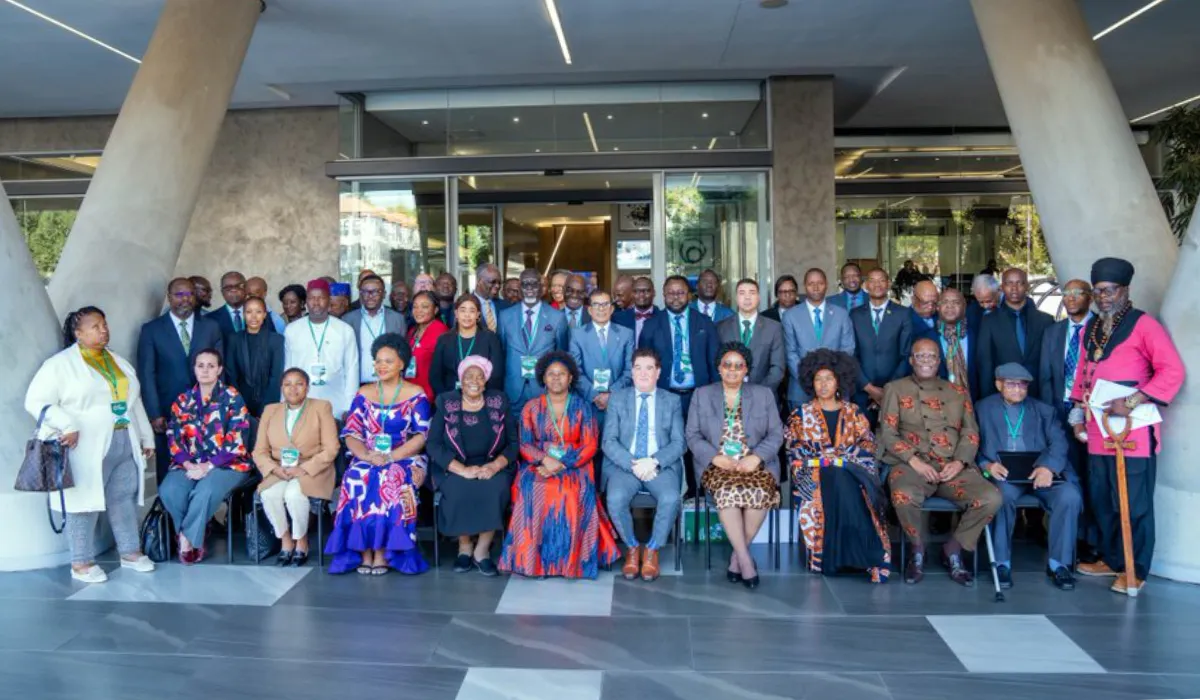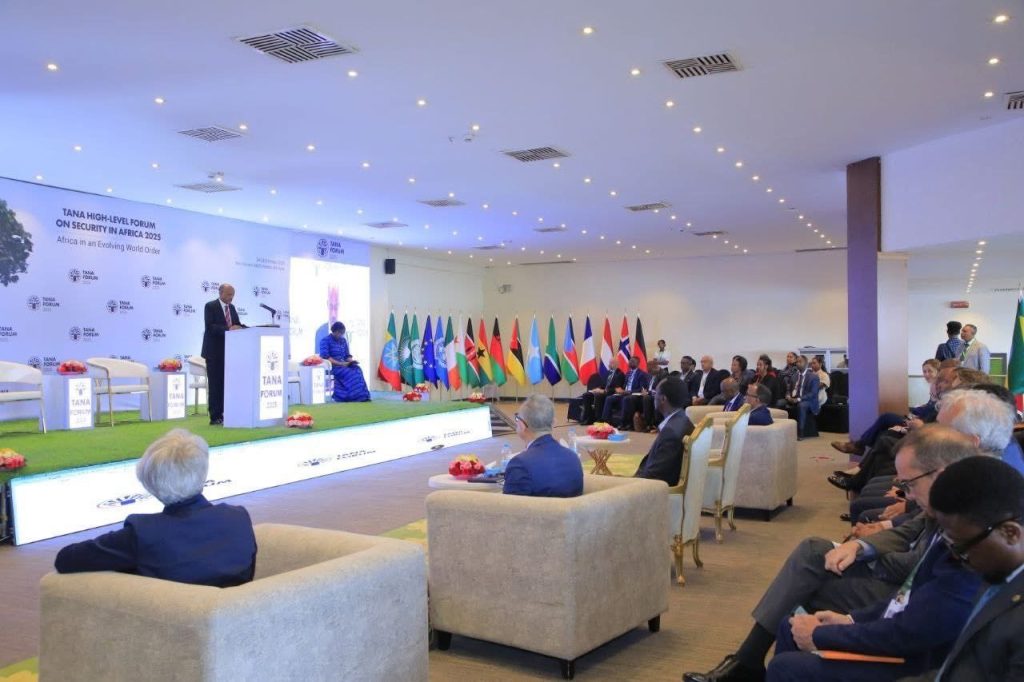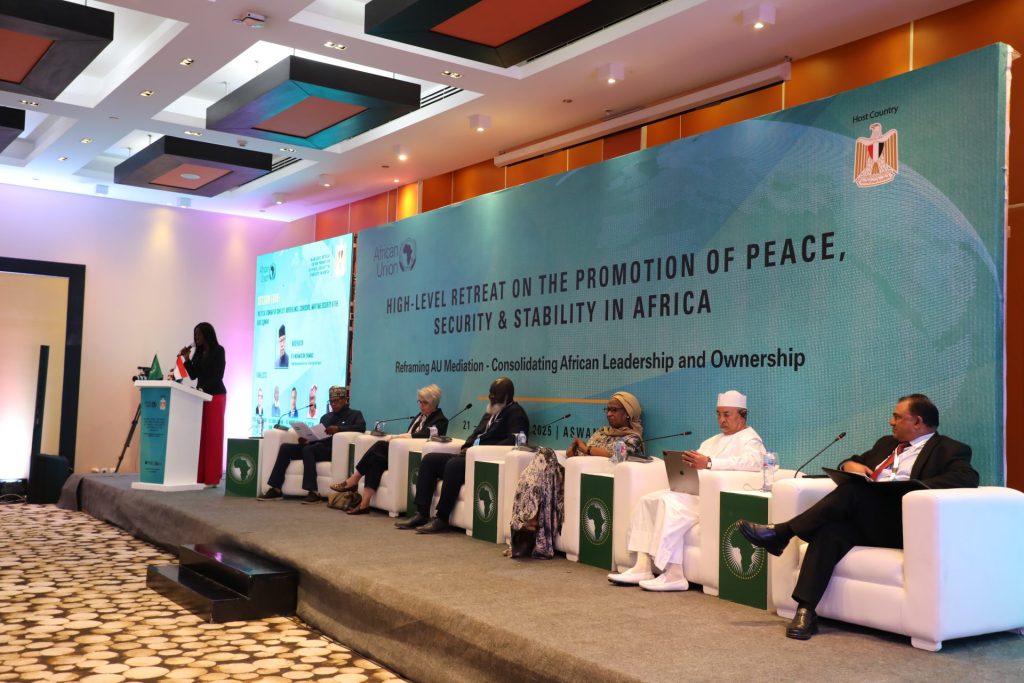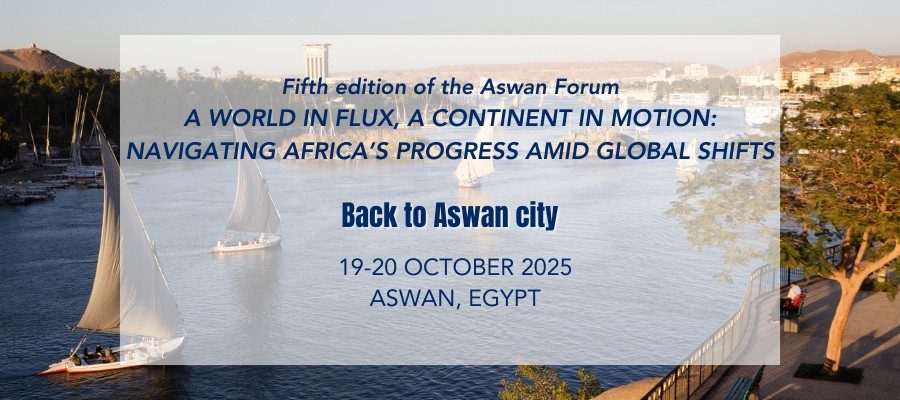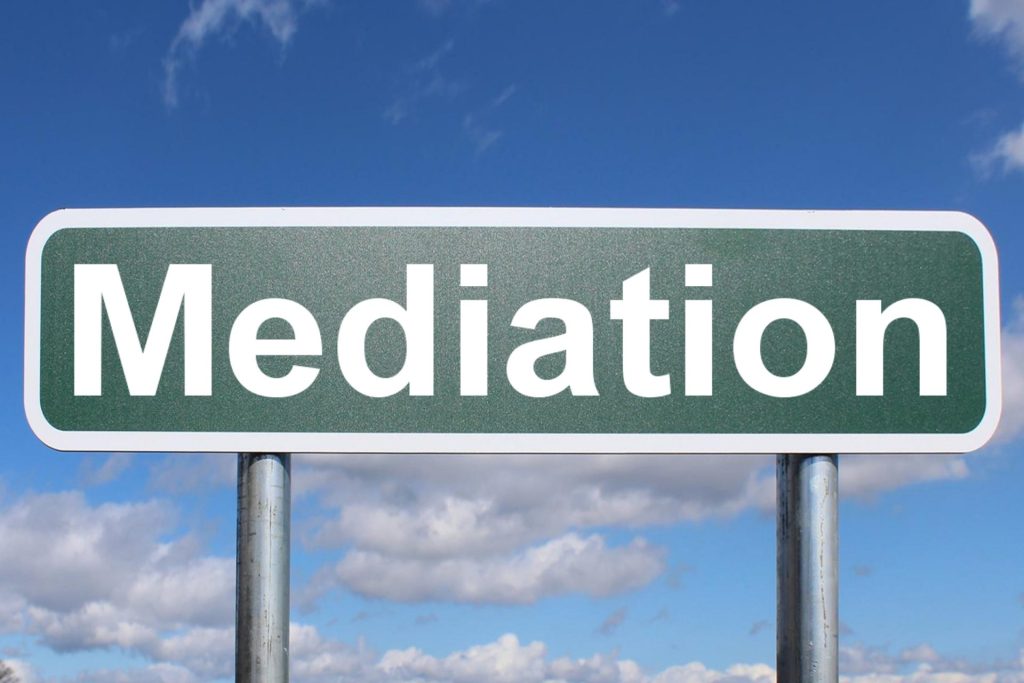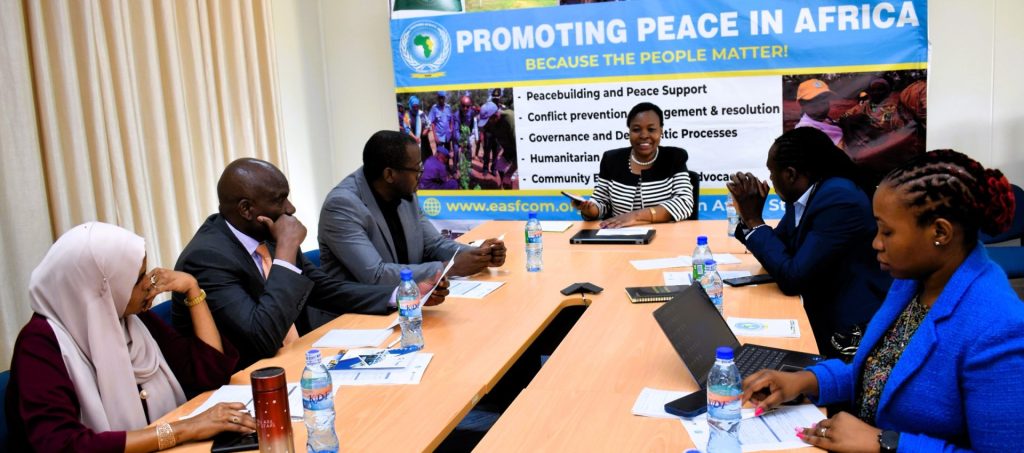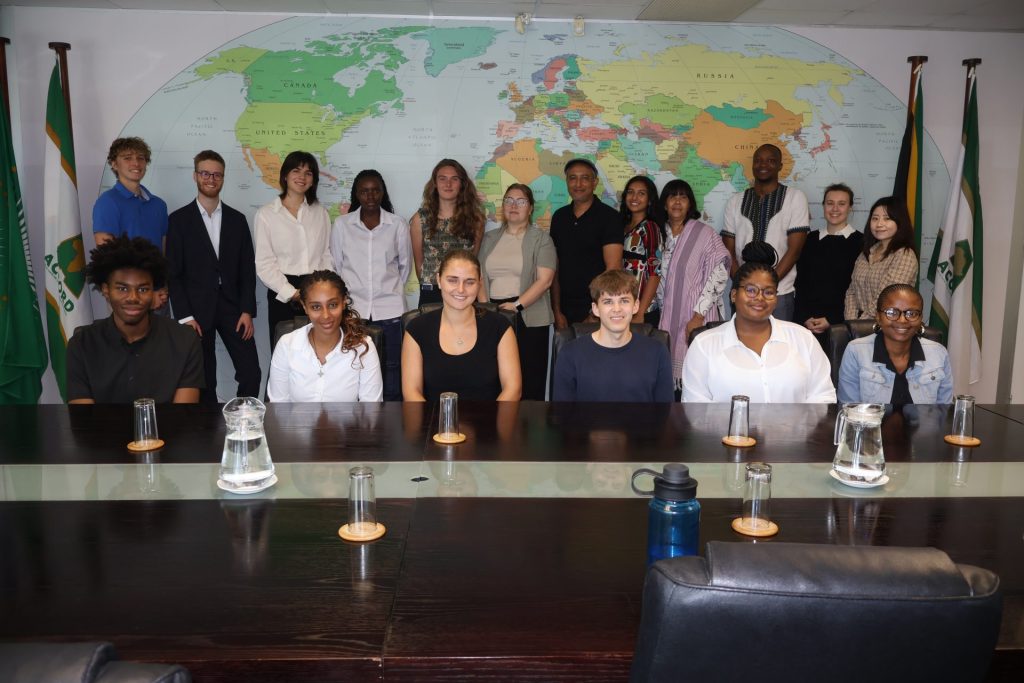On 24 May 2024, the African Peer Review Mechanism (APRM) hosted a high-level symposium on Global Governance and Fundamental Changes Taking Place in the World. This in-person meeting took place against the backdrop of Africa Day. It provided an opportunity to reflect on the achievements and challenges of the continent in the context of contemporary global problems.
The meeting centered around significant geopolitical changes that could lead into a new world order, similar to the transition after the Cold War. Participants debated the role of the Global South and specifically the African continent. They highlighted the importance of drawing on African humanism and philosophical approaches like Ubuntu to establish a common African position within international politics. It was suggested that a common position should also include a reflection of the traditions and practices of pre-colonial Africa and not only focus on Africa as an actor in the international system after independence. Emphasizing decolonization as the starting point of African agency might be a missed opportunity to learn other relevant lessons from pre-colonial Africa.
The discussions of the meeting also sought to describe the characteristics of this ‘changing world’, which ultimately centred on the challenges within the United Nations system, particularly the UN Security Council (UNSC). It was argued that the lack of a more equitable and fair multilateral system is increasingly hindering the resolution of protracted wars and responding to humanitarian crises. Participants agreed that certain veto-holders within the UNSC preferred the status quo, which made it difficult to push for reform. On a more positive note, the inclusion of the African Union into the G20 was recognized as an important opportunity to champion the economic transformation of the continent.
This important historical juncture for African leaders to assert their influence and agency for a more stable international system was emphasized, however, it was also noted that this is only possible under a position grounded in a united and uncompromising Pan-African agenda.

